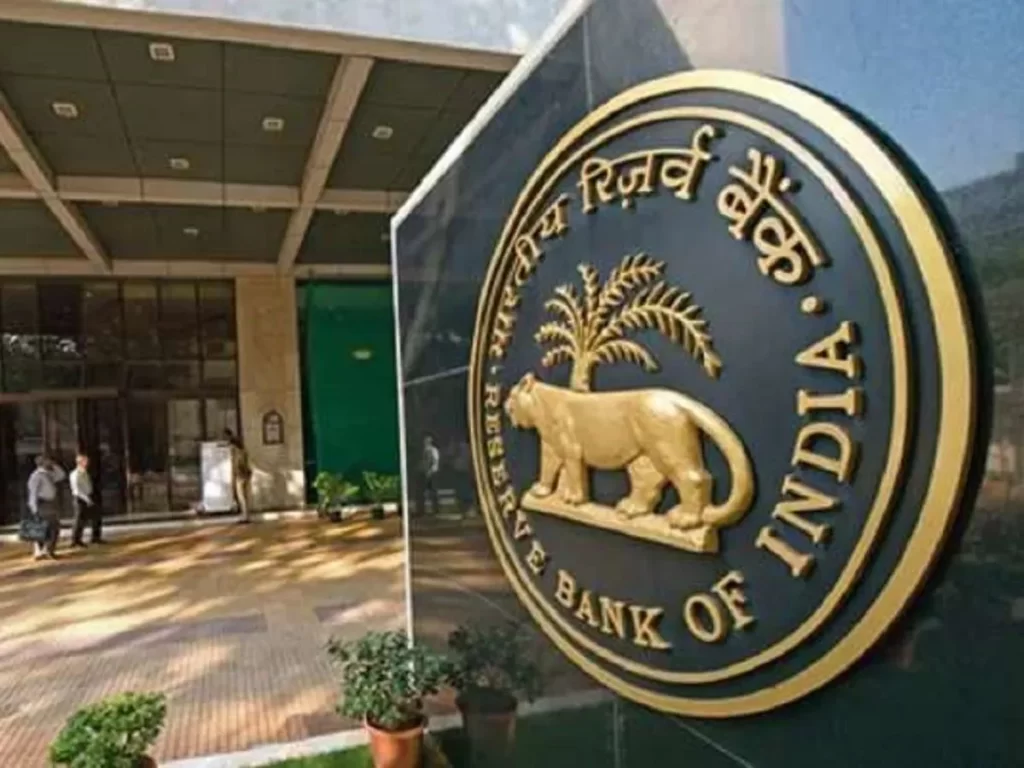Finance Desk – The government has made it clear that it has no plans to allow business houses to hold controlling stakes in banks, sticking firmly to the current 26% cap on corporate shareholding.
A senior government official, speaking on condition of anonymity, said this limit is necessary to prevent “self-lending” – where businesses use banks to fund their own companies. This was one of the major reasons behind bank nationalisation in 1969, the official pointed out.
Why the Caution?
Even though big Non-Banking Financial Companies (NBFCs) like Tata Capital and Bajaj Finance have strong governance systems, the government believes allowing corporates to control banks could lead to related-party transactions and system-wide risks.
“Corporates want bank licences, but also want more shareholding. Both can’t work,” the official said.
RBI’s Take
RBI Governor Sanjay Malhotra recently said the central bank is reviewing rules on promoter shareholding and bank ownership. However, as it stands:
A promoter must reduce their holding to 26% within 15 years of the bank starting operations.
Voting rights are capped at 26% from the beginning, even if they own more shares.
These rules apply to both domestic and foreign investors. For example, Sumitomo Mitsui’s stake in Yes Bank has drawn attention as global interest in Indian banking grows.
These rules apply to both domestic and foreign investors. For example, Sumitomo Mitsui’s stake in Yes Bank has drawn attention as global interest in Indian banking grows.
What About NBFCs?
Neither Tata Capital nor Bajaj Finance has applied for a bank licence recently.
Bajaj Finserv did apply under the 2013 guidelines, but later withdrew, saying a licence wasn’t necessary for their business goals.
Tata Capital, meanwhile, recently restructured and filed for an IPO — a move experts see as long-term preparation for a banking future.
Still, the message is clear:
“Nobody can hold 51% in a bank — not even regular citizens. The cap is 26%, and that applies to corporates too,” the official said.

